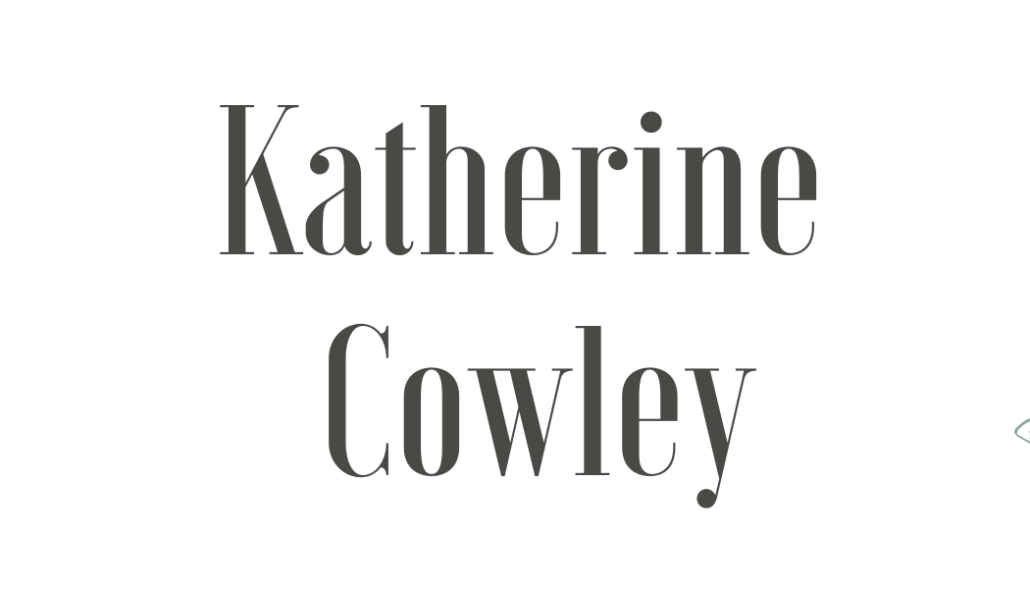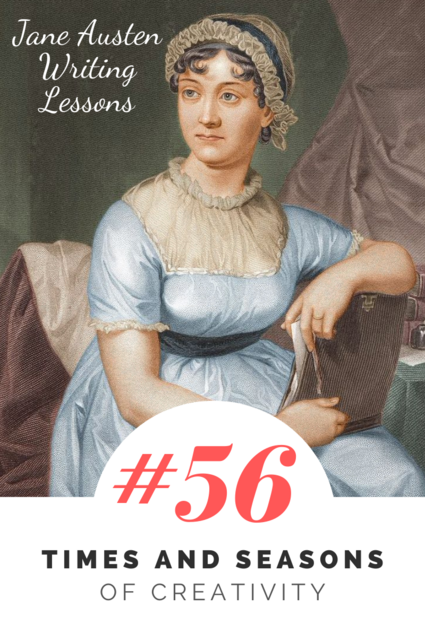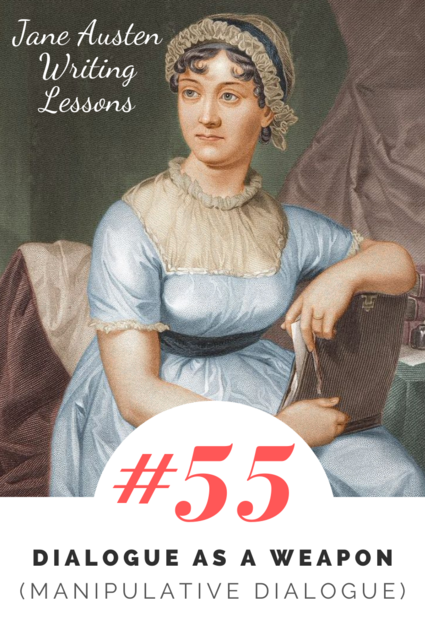#56: Times and Seasons of Creativity
Writers and other creatives often feel the pressure to be creating constantly. Praise is extolled upon those who are able to draft quickly, revise quickly, and publish often.
I am naturally a slow writer. My ideas need time to simmer and develop, and I can’t rush the drafting process. At times, the pressure to be a fast writer has made me feel inadequate or insecure, or I’ve felt jealous of those with a faster process.
At other times, life has interfered with my creativity: sicknesses and other challenges can force creative projects into little scraps of low-energy time, or sometimes even cause creative projects to be put on hold.
This, of course, can be discouraging. However, I’m encouraged by looking at Jane Austen’s life and writing.
Let’s consider a few snapshots of Jane Austen’s writing life:
1787-1799: The Early Years
- 1787-1793: Juvenilia
- 1793-1795: Lady Susan
- 1796-1798: Elinor and Marianne; First Impressions
- 1798-1799: Northanger Abbey
This is a very productive period of writing for Jane Austen. During her teenage years, she wrote many short pieces of various genres and styles, and she shared these pieces with her family. These works are now known as her Juvenilia.
Then she moved on to longer, more developed works—Lady Susan, Elinor and Marianne, First Impressions, and Northanger Abbey.
1800-1809: Years of Struggle
- Some revisions of Lady Susan and Northanger Abbey
- 1804: started The Watsons
This period in Jane Austen’s life stands in stark contrast to the prior years. She did some revisions on both Lady Susan and Northanger Abbey, and while both books were sold to publishers, neither were published. She started the book The Watsons, but then abandoned it, leaving it unfinished. She may have done some additional revisions on her other works, and she did continue to write letters, but it was much slower period of writing for Jane Austen.
Why did she write less?
The answer was simple: Life was difficult for Jane Austen during these years.
First, her father uprooted their family to Bath. Jane Austen did not like living in Bath, and her days were filled with social obligations and responsibilities that were difficult to escape.
Then her father died. His death caused Jane Austen to abandon The Watsons—she could not work on it any longer. It also began a period of severe financial insecurity. Jane Austen moved from place to place, often having to rely on others for a place to stay and struggling to have enough for the basic necessities. It is little wonder that she was not able to make much progress on her writing.
1809-1817: The Chawton Years
- 1809: Moved to Chawton
- 1811: Sense and Sensibility
- 1813: Pride and Prejudice
- 1814: Mansfield Park
- 1815: Emma
- 1817: Persuasion; Sanditon (unfinished)
Jane Austen’s brother Edward had been adopted (became the heir) for distant relatives in Chawton. In 1809, he invited Jane and several other family members to live in a cottage on the estate. Suddenly, Jane Austen had security. She had a home. And she had the space and the time to write.
She revised Elinor and Marianne—which she had originally written between 1796 and 1798—and published it as Sense and Sensibility. She rewrote First Impressions as Pride and Prejudice. And then she wrote three new novels: Mansfield Park, Emma, and Persuasion. She began the novel Sanditon, but did not finish it before her death.
Times and Seasons of Writing
We each have times and seasons of writing, and it’s important to treat ourselves with compassion and understanding. We will have times, like the decade in Jane Austen’s life, where it is more difficult to write, where life circumstances create additional challenges for creativity. We might even have years where we cannot actively work on our creative goals.
In another post, I wrote about how even at Chawton, Jane Austen had to actively work to create space for writing in her life. Even in seasons of writing, it takes active work to give time to writing, and writing may still not be easy.
I also like to remember that it’s okay if certain projects take time to reach their final form. Sense and Sensibility and Pride and Prejudice are two of the most important novels in English literature, and two of my favorite novels. And they were not written quickly. They required writing and re-envisioning and rewriting over a 17-year period.
Like Jane, life may at times interfere with our writing. But like Jane, we will have fertile seasons of writing. Like Jane, we can tell our stories and share them with the world.
Exercise 1: Write the story of your creative journey. What has led you to be the writer you are today? Which times and seasons of your life have been more or less creative? Is there anything from the less creative periods of your life that has helped you with your writing?
Exercise 2: Take a project that you set aside, perhaps years ago. Spend a few minutes considering it. If you were going to rewrite it today, how would you approach it differently?







